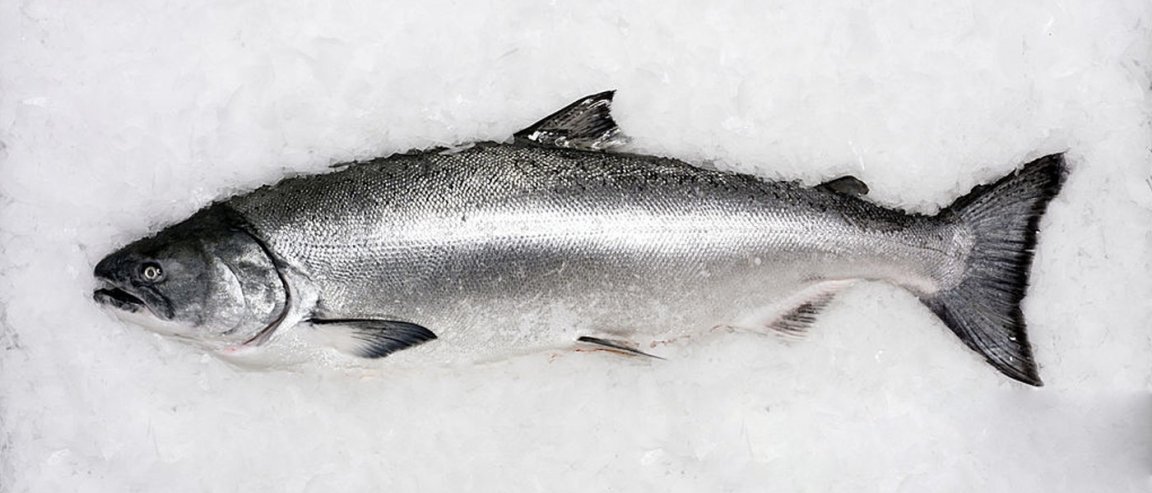
One man’s trash
Ingestible electronics are a major trend in medical science today. Things like pills that diagnose diseases and machines that dispense drugs inside the body are being produced to help us live just a little bit longer.
Now, another development in that field has just been announced. Indian scientists from Jadavpur University have been able to create a battery-free generator from fish scales, which could be the key to a biodegradable power source for ingestible devices.
In India, and much of the world, fish scales are nothing more than trash and waste. But the collagen they are made of has a very interesting property: it is piezoelectric. That means that, if stress is applied to it, it generates a charge.
That property has allowed the scientists to make an energy nanogenerator that is biodegradable and small enough to be ingested.
Fishy Science
Their study, published in Applied Physics Letters, describes the process that went into making these tiny devices. First, carp scales were collected from a local fish market. Gold electrodes were then attached, and that was then laminated.

“We wanted to explore what happens to the piezoelectric yield when a bunch of collagen nanofibrils are hierarchically well aligned and self-assembled in the fish scales,” explained Dipankar Mandal, one of the authors of the study, in a statement.
“And we discovered that the piezoelectricity of the fish scale collagen is quite large (~5 pC/N), which we were able to confirm via direct measurement.”
The result is a clear, transparent piezoelectric generator that runs on gentle hand movements. A simple pinch lights up 50 LED bulbs, and the researchers were able to power up to 77 blue and green LED bulbs in their study.